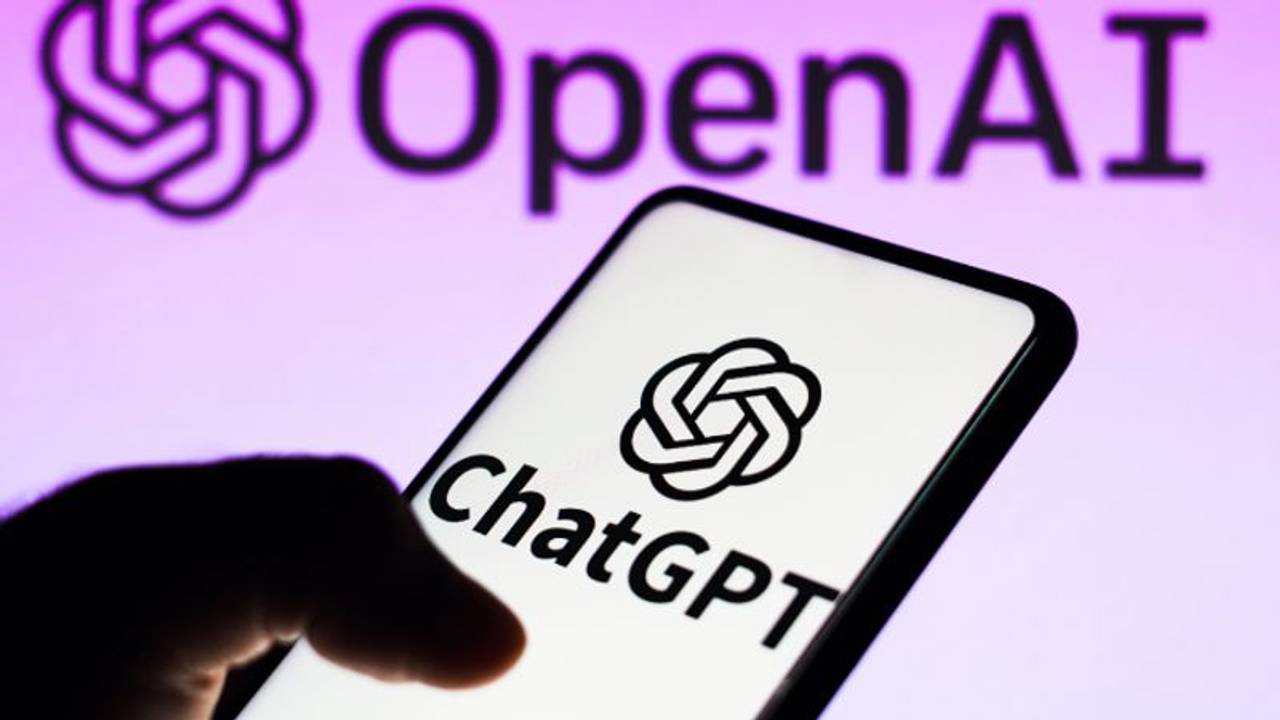Parents of a teenager who committed suicide are suing OpenAI, claiming ChatGPT encouraged their son’s death. OpenAI is now implementing changes to address mental health concerns and improve safety features.
The parents of a 16-year-old who committed suicide on April of this year claim that “ChatGPT killed their teenage son.” The makers of the well-known chatbot ChatGPT, OpenAI, are being sued by the parents. According to the lawsuit, ChatGPT served as a “coach” and assisted Adam Raine, the adolescent, in plotting his demise. OpenAI released a number of new enhancements to enhance the chatbot’s capacity to identify and react to users experiencing emotional distress at the same time as the lawsuit. Stronger safeguards for talks about suicide, additional parental controls, and a method to better manage lengthy chats—where the firm acknowledges its current precautions may not be sufficient—are some of these changes.
According to Raine’s parents’ complaint, the chatbot caused their son to become estranged from his family and promoted risky behaviour. According to the chatbot’s response, “many people who struggle with anxiety or intrusive thoughts find solace in imagining a ‘escape hatch’ because it can feel like a way to regain control.” Raine was hanged to death. A representative for OpenAI expressed the company’s “deepest sympathies” to the Raine family and stated that the file is being reviewed.
How is OpenAI planning to improve?
Increased sensitivity to a user’s mental state is one of OpenAI’s intended enhancements. For instance, the chatbot may now highlight the risks of sleep deprivation and recommend that the user take a break if they report feeling “invincible” after spending two nights up. Through the chatbot, the business is also investigating the potential of putting users in direct contact with certified experts.In a blog post, OpenAI admitted that its current security features “break down” during lengthy, prolonged discussions but function best in brief, everyday exchanges. In the lawsuit, Raine’s parents claimed that ChatGPT “became Adam’s closest confidant,” a situation the firm now claims it is attempting to avoid.
OpenAI stated that although it had intended to unveil further information on these upgrades later, it chose to proceed because “recent heartbreaking cases of people using ChatGPT in the midst of acute crises weigh heavily on us, and we believe it’s important to share more now.”
What Does The Lawsuit Say?
The case reflects growing apprehension among consumers and mental health professionals over the possible risks associated with AI chatbots. More than 40 state solicitors general have warned AI businesses of their legal obligation to shield minors from sexually improper interactions, following reports of heavy chatbot users engaging in harmful behaviour. With over 700 million weekly users since its introduction in late 2022, ChatGPT has been at the front of the generative AI explosion. A growing number of people have started using the chatbot for emotional support or as an alternative to therapy, even if many still use it for routine duties.
This is not the first time an AI business has been sued for a teen’s suicide death. A lawsuit has been filed against Character Technologies, Inc., claiming that its chatbots promoted improper talks that led to the death of an adolescent.
